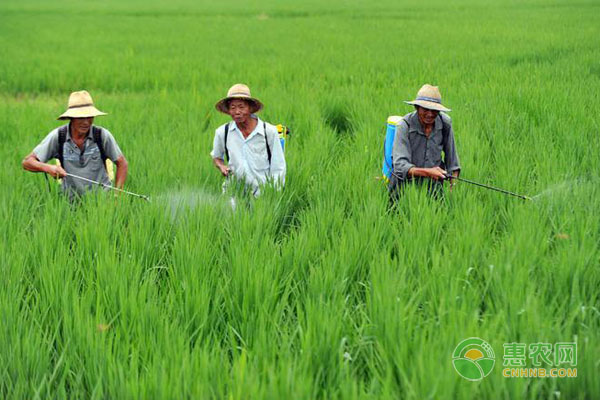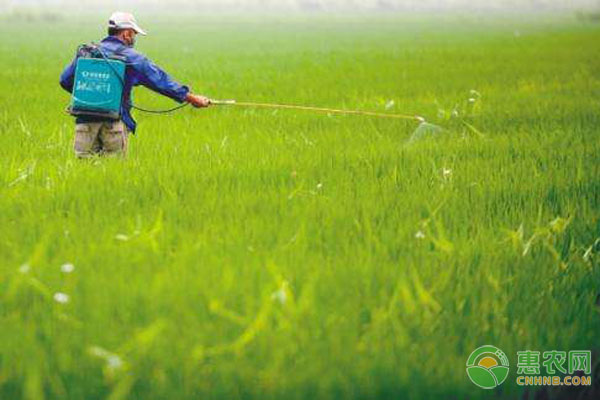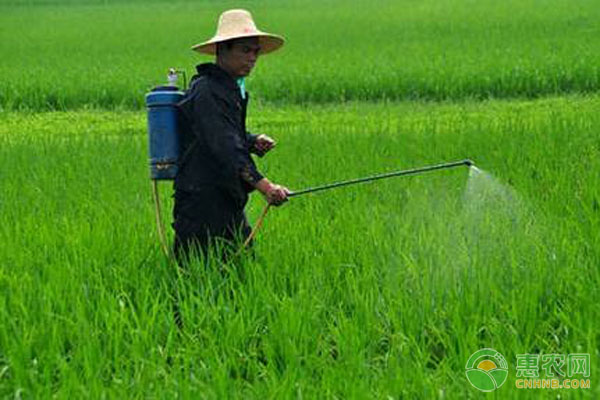Weeds are pests that must be removed during crop cultivation. Herbicides are usually used to remove them, but some farmers say that the herbicides they use not only kill the grass, but also cause phytotoxicity. What can we do? Let's take a look at Xiaobian!

Herbicide can not kill dead grass, almost 20 factors will affect the cause, but herbicides not only do not kill the grass, but also produce phytotoxicity, generally have the following reasons:
1, fake and shoddy drugs
The quality of the general medicine is not good, especially when the dosage of the medicine is insufficient, and it is easy to occur when other medicines are formed. In addition, the quality of the original medicine is poor, the impurities are many, and the processing technology is often extensive. Counterfeit products produced by black workshops are more common. However, with the implementation of the new pesticide management regulations and the continuous strengthening of market supervision, small factories will be gradually banned after the quality is not up to standard or the production is not standardized. The black workshop enterprises will suppress and eliminate them. Similar problems will be curbed and gradually reduced.
2, the impact of uneven spraying
Uneven spraying in the field, especially when there is a spray or re-spraying phenomenon, it will not die without spraying the weeds, and the re-injection of the drug will more than double or more because of the concentration of the drug. Rice in the heavy-spray area may also be poisoned by failure to decompose in time or to be effectively decomposed.
Therefore, in general, when spraying in the field, do not re-spray or leak spray, in general, it can be completely avoided.

3. Improper application time
Generally, the weeding grass age 2-4 leaf stage spraying best effect, the grass age is large, the drug resistance is synergistic, the control effect is reduced, in order to ensure the control effect, it is necessary to increase the dosage. Rice not only has poor resistance to stress before the three-leaf stage, but also has poor resistance to decomposition of pesticides, which may lead to phytotoxicity. In the rice growth stage, the water-fertilizer deficiency will affect growth. If herbicides are sprayed, it is more likely to cause phytotoxicity. occur.
For example, most herbicides such as metformin are not allowed to be sprayed after jointing.
4, improper use of drugs
At present, weed resistance is increased, and some varieties are sensitive to the drug. If the choice of the agent is not correct, or the mixed use of the drug is not equal, it is easy to cause the weed control effect is not good, the phytotoxicity occurs.
For example, bispyribacin indica is used to control herbicides, and oxazocilin is used to prevent stagnation of sorghum, or dimethyltetrachloro and cyhalofopyrate or oxazolamide may be easily mixed with antagonistic agents.
5. Climate impact, or mismanagement
For example, heavy rain after spraying in the seedlings, causing flooding of the heart of the rice, or the use of the herbicide is too large, the field is flooded soon after the medicine, or the water is not drained in time, causing water in the field, or dimethylformin, phenylthiophene High-temperature application such as oxacillin in the afternoon can also cause phytotoxicity and affect the weed control effect.

In short, the use of herbicides should be based on the weather, the growth of seedlings, the type and size of weeds, the growth period of rice and the resistance of weeds, etc., and use rational, safe, high-quality and high-efficiency pharmaceuticals to avoid chemical damage and ensure prevention. effect.
Safinamide Mesylate Intermediate
Safinamide Mesylate Intermediate,Safinamide Mesylate,Safinamide Mesylate Api,Safinamide Mesylate Cas 202825-46-5
Shandong Bolode Bio-technology Co., Ltd. , https://www.bldpharma.com